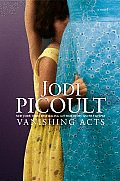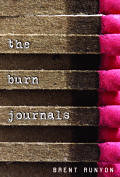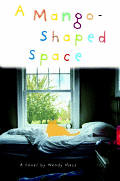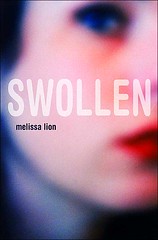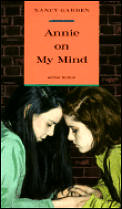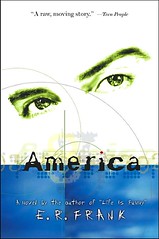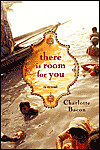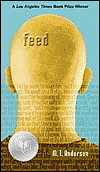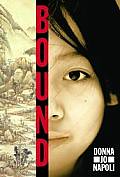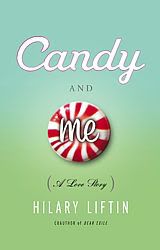
Well, this is probably the best lesson I've ever had on not judging a book by its cover, or even by its summary!
I kept reading all these reviews about how great this book was, but all the summaries were saying things like, "Daisy goes off and lives in the countryside of England with her cousins to escape the war." Which I jumped to the conclusion that it was WWII, making this historical fiction, which is generally not my bag. Anyway, I was wrong about that and when the book won the Michael J. Printz award, I decided to check it out.
Turns out that it is about a modern fictional war, and the way it handles the war and the way the war plays out and is part of the book is really particularly interesting, given the way the nature of war has changed but we really haven't been first hand witnesses to that in any long drawn out sense.
Of course, a big thing in this book is Daisy and Edmond being in love. In a lot of cultures, it is actually a desirable thing for cousins to marry because they want to keep the wealth or land of a family together. It is really only in western society that it is such a taboo. Having said that, it definitely skeeved me out, just like it skeeved them out. But then they go through so much. Seeing people's faces blown off, surviving starvation, becoming un-anorexic, being afraid for so long. I think it just puts everything in perspective. Like, is being in love with your cousin really that bad in comparison to everything else you have seen and survived, and everything else that continues to go on in a war-stricken world? I don't know the answer to that, I guess, but I do know that by the end of the book I was no longer upset by it, in fact I was really happy when Daisy and Edmond could get back together.
So it's a real question, are our values and morals only relative? Like, under certain circumstances, is anything ok?
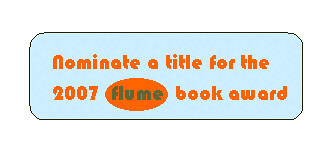
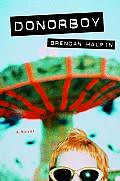
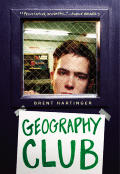
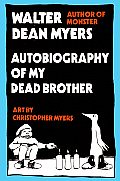 Find this book in the Hawley Library.
Find this book in the Hawley Library.
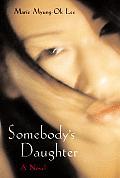
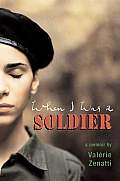 Find this book in the Hawley Library
Find this book in the Hawley Library